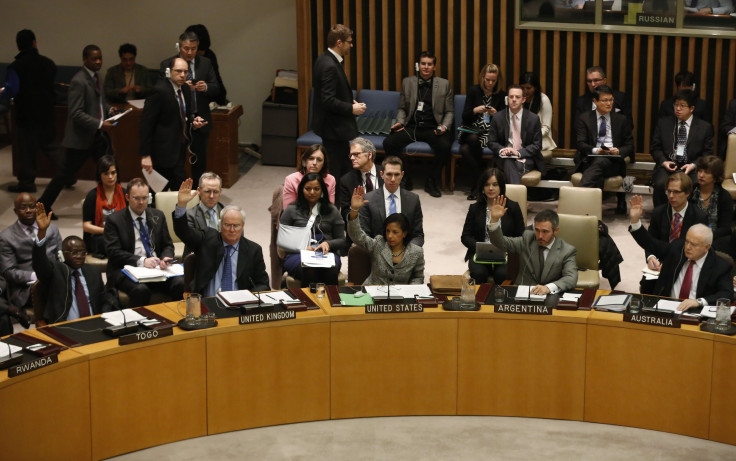North Korea Has Human Rights Left To Violate? UN Demands Another Inquiry

It’s a fact known by anyone who doesn’t live in North Korea that North Korea is one of the worst places in the world to live.
On Tuesday the U.N. Human Rights Council released a new 40-page report on the various, sundry, widespread, and systematic human rights violations committed by the government of the DPRK.
This may not be a surprise so much as the fact that North Koreans still have human rights left that their government can violate.
The report, reaching back to 2004, reviewed past incidents as well as reports of the situation in North Korea, and details “nine patterns of human rights violations,” from slavery to enforced disappearances to murders, UNHCR said in a press release.
The report was released following a discussion on Tuesday at the U.N. in Geneva about the state of human rights in North Korea, Myanmar (Burma) and Iran. The U.N.’s Special Rapporteur on human rights in the DPRK, Marzuki Darusman, called on the U.N. to “launch an independent and impartial inquiry into [the] situation,” noting that the noncooperation of the DPRK government and the lack of “independent monitors and media” made the report difficult to compile.
Between underground unauthorized nuclear tests and visits from a famous American basketball player, the DPRK’s PR people are probably thrilled that they’ve been dominating the news cycle for the past month.
On Monday morning, just to make sure Western outlets keep its name in the headlines a bit longer, North Korea declared that its armistice with South Korea, which ended the Korean war in 1953, was null and void. This has led to fears that the North may launch an attack or even attempt to invade the South.
The U.N. was slightly miffed at this declaration, pointing out that North Korea can’t decide not to participate in a bilateral peace agreement just because it doesn’t like it anymore. “The Armistice Agreement is still valid and in force,” said U.N. spokesman Martin Nesirky. “The terms of the Armistice Agreement do not allow either side unilaterally to free themselves from it.”
The DPRK’s declaration happened less than a week after the U.N. Security Council imposed tighter economic sanctions on them following the Feb. 12 nuclear detonation. At the time, North Korea had threatened to strike South Korea in retaliation for the sanctions, a threat that South Korea’s ambassador to the U.N. all but laughed off.
“North Korea must wake up from its delusion of becoming a nuclear state,” Ambassador Kim Sook told reporters at the time. “Its biggest victim will be North Korea itself.” They also said that since the nuclear test, the South’s government has had no contact with the North’s. “They have completely sealed themselves off,” Kim said.
© Copyright IBTimes 2024. All rights reserved.






















